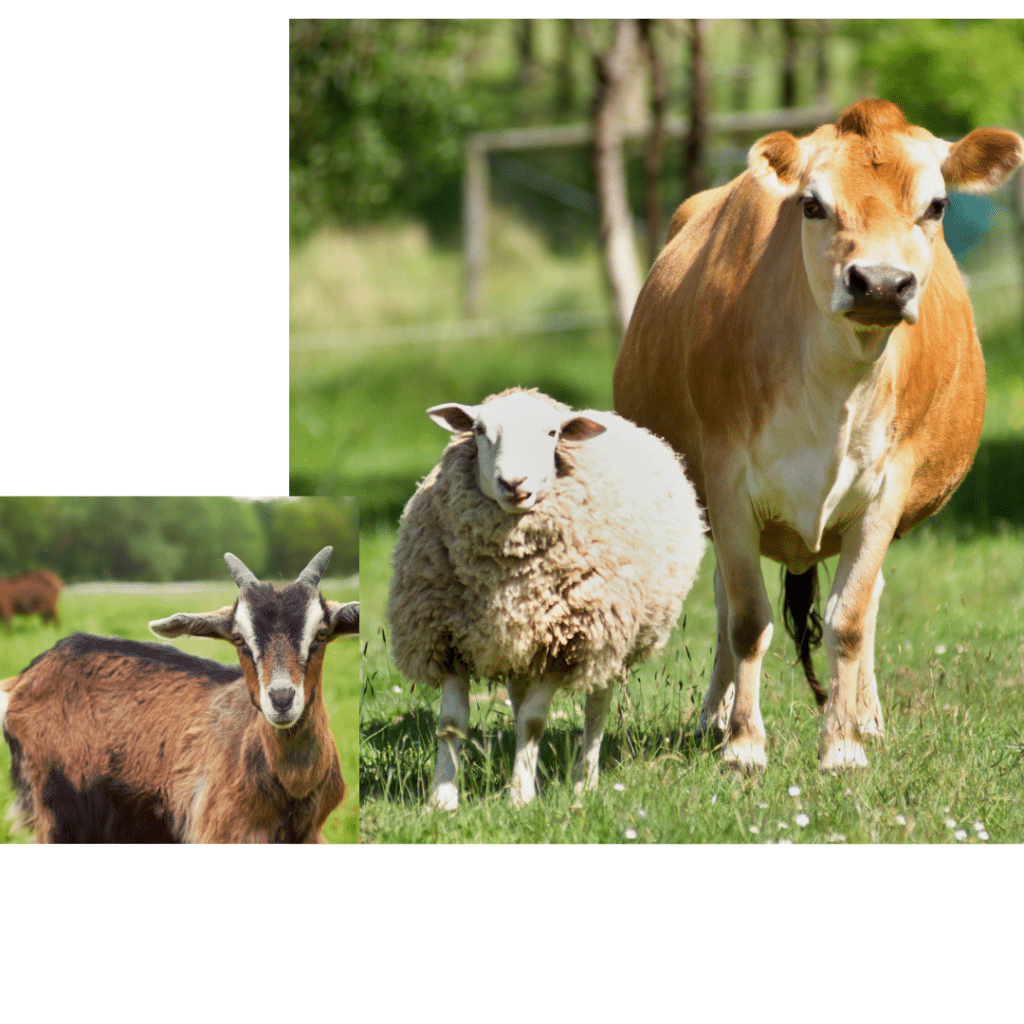Why Some Can Enjoy Goat or Sheep Milk But Not Cow’s Milk

For those navigating food intolerances, understanding why certain dairy products work while others don’t is crucial. Many individuals who struggle with cow’s milk find relief in goat or sheep milk, thanks to notable differences in their composition.
One primary factor is the protein content. Cow’s milk contains alpha-S1-casein, a protein known to cause digestive discomfort and allergic reactions in some people. In contrast, goat and sheep milk have significantly lower levels of this protein, making them gentler on the stomach and less likely to trigger allergies.
The structure of the fat in these milks also plays a role. Goat and sheep milk feature smaller fat globules compared to cow’s milk, facilitating easier digestion and absorption. This difference is particularly beneficial for those with sensitive digestive systems.
While all three types of milk contain similar amounts of lactose, many people report that goat and sheep milk are easier to digest. This might be due to the presence of other components in these milks that aid in lactose digestion.
Moreover, goat and sheep milk are rich in certain nutrients and bioactive compounds that enhance overall digestion and nutrient absorption. For those with cow’s milk intolerance, exploring these alternatives can open up new dietary possibilities without discomfort.
Remember, raw milk can contain dangerous germs such as Salmonella, E.Coli, Listeria, Campylobacter leading to food poisoning. Make sure your animal milk is pasteurized.
